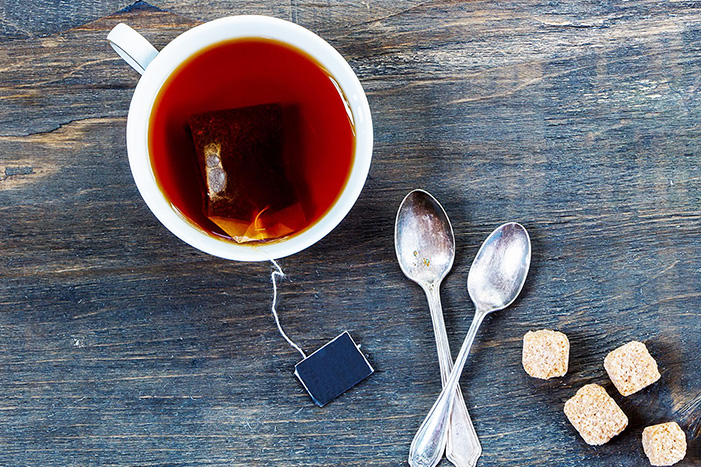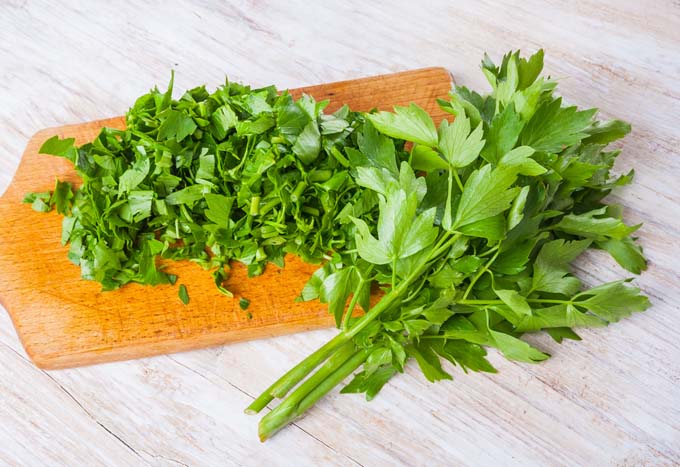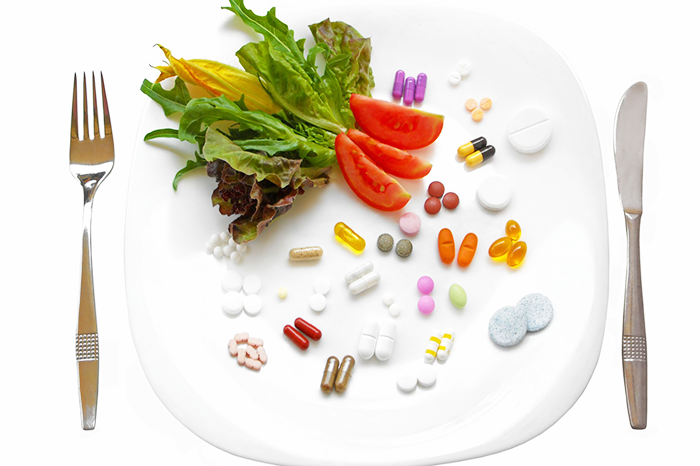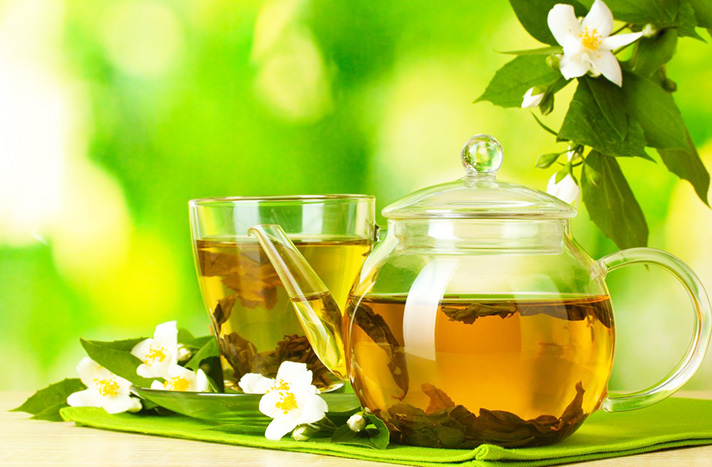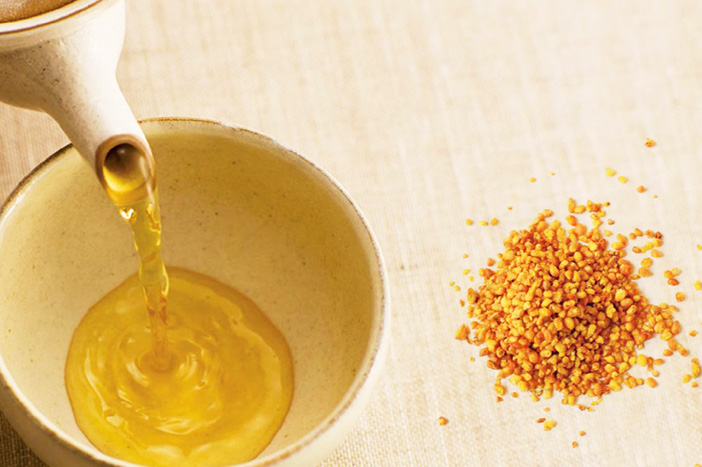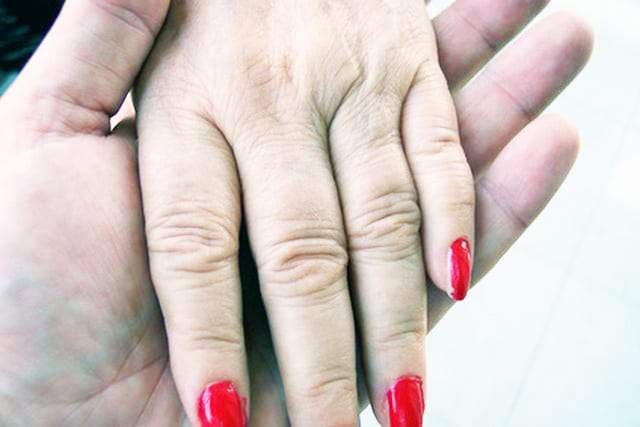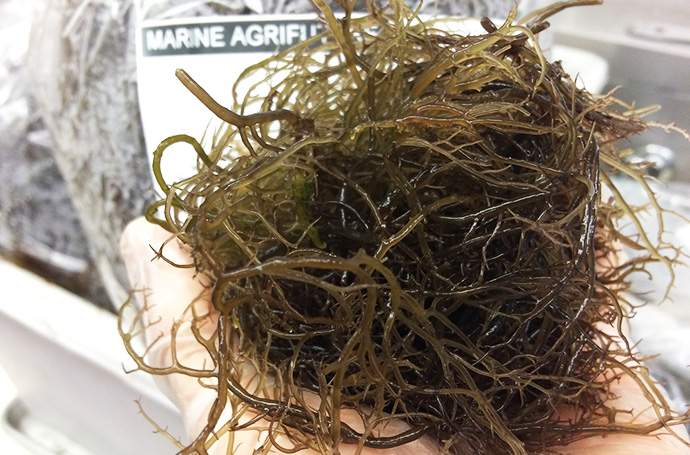Staying healthy may sound like a tough task to accomplish especially when we think that eating healthy is all about ditching certain types of food from our diet. The very idea of letting go certain foods like fried and salty snacks is enough to leave us doubting the wisdom of going on a diet. But if you are ready to take on the real challenge of taking care of your body and your overall health, you will need to be serious in cleaning up your act. This means adding more sources of vitamins and minerals to your daily meals to get the support you need for better immunity and digestion. So how do you get to have more vitamins in your system? Why not eat them?
Vitamin B1
Vitamin B1 is essential to your body as it transforms carbohydrates into energy to improve your nervous system. There are plenty of food sources that have this important vitamin such as black beans, lentils, tuna, and sunflower seeds just to name a few.
Vitamin C
Vitamin C is one of the best antioxidants that you can add to your diet as it has the ability to fight free radicals that are causing damage to your DNA. What’s great about vitamin C is that it can improve your immune system while increasing your HDL or good cholesterol levels. This is necessary to protect your overall health. You will need at least 75 mg daily but it is better to have up to 200 mg per day. Add strawberries, broccoli, collard greens, and Brussels sprouts as they are rich in vitamin C.
Vitamin D
Another essential vitamin that you should add to your diet is vitamin D because it increases your body’s ability to absorb calcium. When there is vitamin D deficiency, it can lead to osteoporosis and even certain types of cancers too. You will need up to 200 for women who are in their 50s and more if you are beyond the age of 50. You can get vitamin D from fatty fishes like salmon and tuna as well as fortified foods like cereals and milk. Your body also has the ability to form its vitamin D when exposed to the sunlight.
Iron
Iron protects you against anemia. There’s plenty of evidence that iron assists in creating a healthy immune system which means that it will also enhance your focus and memory. You will need up to 18 milligrams at least to meet your daily requirement. Too much iron, on the other hand, can have adverse effects so make sure that you stick with the dosage. Red meat, clams, fish, and chicken are among the best sources of iron.
Vitamin B2
Vitamin B2 is important to our body as it helps break down body fat, carbs, and protein. You can get plenty of this vitamin in fortified cereals, lean meats, green vegetables, and milk.
Calcium
We all need calcium in our body as it improves bone health. This greatly reduces our risk from osteoporosis. You will need to have up to 1,000mg on a daily basis especially when you are in your 50s. Those who are beyond this age should have 1,200 mg per day to keep your bones in good condition. Dairy is one of the best sources of calcium but you can also find it in legumes as well as dark green leafy vegetables.
These are just a few examples of vitamins that we need on a daily basis and where to find them. Increasing our intake of these foods can help protect our overall health in the long run.
